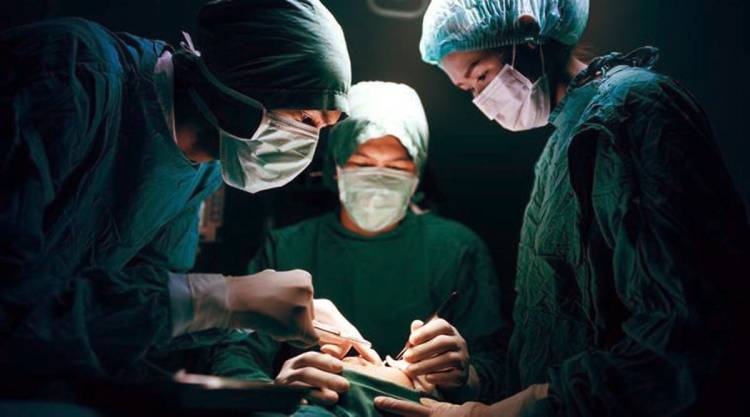Central Council of Indian Medicine is the regulatory body for the study and practice of Ayurveda in India. The Indian Medical Association has criticized the CCIM for allowing its practitioners to perform general surgery such as ophthalmology and dental procedure.
Dr. Rajan Sharma, President of IMA said that they had condemned the “uncivil” ways of the Central Council of Indian Medicine to “arrogate itself to vivisect modern medicine and empower its practitioners with undeserving areas of practice”. CCIM has recently amended the Indian Medicine Central Council (Post Graduate Ayurveda Education) Regulations, 2016, to allow the PG students of Ayurveda to practice general surgery. In this regard, the GOI has brought out a notification that will allow Ayurveda doctors to be trained and legally allowed to perform general, surgical, ENT, ophthalmology, ortho, and dental procedures.
The IMA has urged the CCIM to develop its own surgical disciplines from ancient texts and not claim surgical disciplines of modern medicine as its own. ANI reported that the AYUSH Ministry on Sunday, November 22, has issued clarifications over the Indian Medicine Central Council (Post Graduate Ayurveda Education) Amendment Regulations 2020, saying that “the notification is specific to 58 specified surgical procedures and does not allow Shalya and Shalakya PGs to take up any other surgeries.” This links to the recent move by GOI allowing the Ayurveda doctors to perform a variety of general surgeries like ENT, ophthalmology, and dental procedures.
Six years ago, India had recognized six systems of traditional medicine which are Ayurveda, Siddha, Unani and Yoga, Naturopathy, and Homoeopathy.
The Ministry of Ayurveda, Yoga, and Naturopathy, Unani, Siddha, and Homoeopathy (AYUSH) was formed on November 9, 2014, to ensure the optimal development and propagation of AYUSH systems of healthcare.
Earlier it was known as the Department of Indian System of Medicine and Homeopathy (ISM&H) which was created in March 1995. After 8 years, it was renamed as Department of Ayurveda, Yoga and Naturopathy, Unani, Siddha, and Homoeopathy (AYUSH) in November 2003, with a focused attention for the development of Education and Research in Ayurveda, Yoga and Naturopathy, Unani, Siddha, and Homoeopathy.
The author is a student member of Amity centre of happiness





